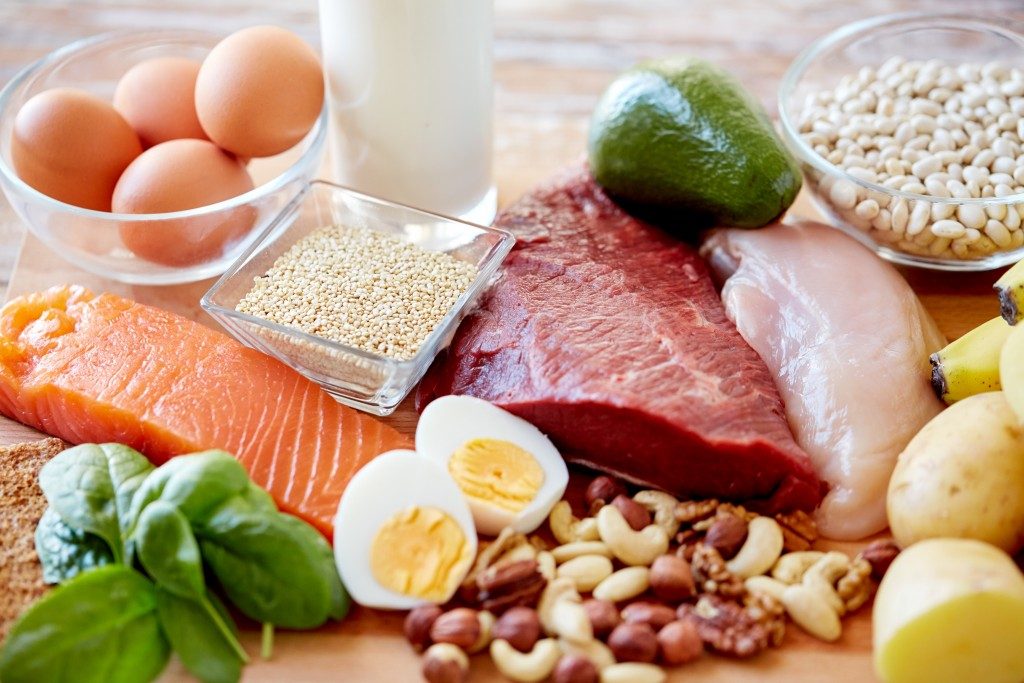How many times have we deprived ourselves of food because we think that it’s going to help us achieve the body we want? How many times have we skipped meals thinking that this is the only way to lose fat? We take our bodies for granted until such time that it begins to manifest signs they’re in trouble. We don’t take care of our bodies the way we should. We eat all the wrong food. We starve ourselves when we want to lose weight. We eat junk food. We don’t drink enough water. It’s no wonder that we are killing ourselves.
If you want to eat better, consider checking out a natural health course provider in the UK or other countries. You can learn a lot about how to eat right in these courses. And if you do great with these programs, you can even share your knowledge in restaurants, gyms, hotels, caregiving facilities, and many other businesses that look for natural chefs.
Humans need a certain amount of calories and nutrients to consider themselves healthy. That’s why most health experts will tell you never to go on a super low-calorie diet. This could have an adverse effect on your health. A balanced diet should provide all the nutrients and calories people need. It should also stop people from eating junk food or any food without nutritional value.
What Do We Eat in a Balanced Diet?

The United States Department of Agriculture (USDA) says that half of a person’s plate should consist of fruits and vegetables. The other half should be made up of protein and grain. Each meal should also be paired with one serving of low-fat dairy. In essence, a healthy and balanced diet should include these five food groups: vegetables, fruits, grain, protein, and dairy.
Around 45% to 55% of your daily calorie intake should be composed of carbohydrates, which are essential for giving you energy throughout the day. Carbs can be derived from refined and unrefined grains such as rice, noodles, potatoes, and yam. Protein should compose 10% to 35% of your daily intake. This is important for tissue and muscle growth. You can get protein from eating meat, fish, eggs, soya, and nuts.
Fat is also essential for one’s diet. About 20% to 35% of your daily calorie intake should be made up of fat, which helps the body store energy and produce hormones. You can get healthy fat from nuts, seeds, plant oils, and dairy products such as milk and cheese. Fiber, which is included in carbs, regulates blood sugar levels and bowel function. You can get fiber from vegetables, peas, beans, oats, whole grains, brown rice, seeds, and nuts.
Finally, vitamins, minerals, and water are critical for regulating metabolism, aiding cell growth, and maintaining hydration. You should drink at least eight glasses of water a day. As for vitamins and minerals, you can get them from eating vegetables, lean meat, nuts, and seeds.
Eating a healthy and balanced diet will help reduce the risks of obesity, heart disease, diabetes, hypertension, depression, and cancer. This is essential for your body to function right. When you follow the proper diet and the right amount of food intake, you will be able to achieve the body you want.

